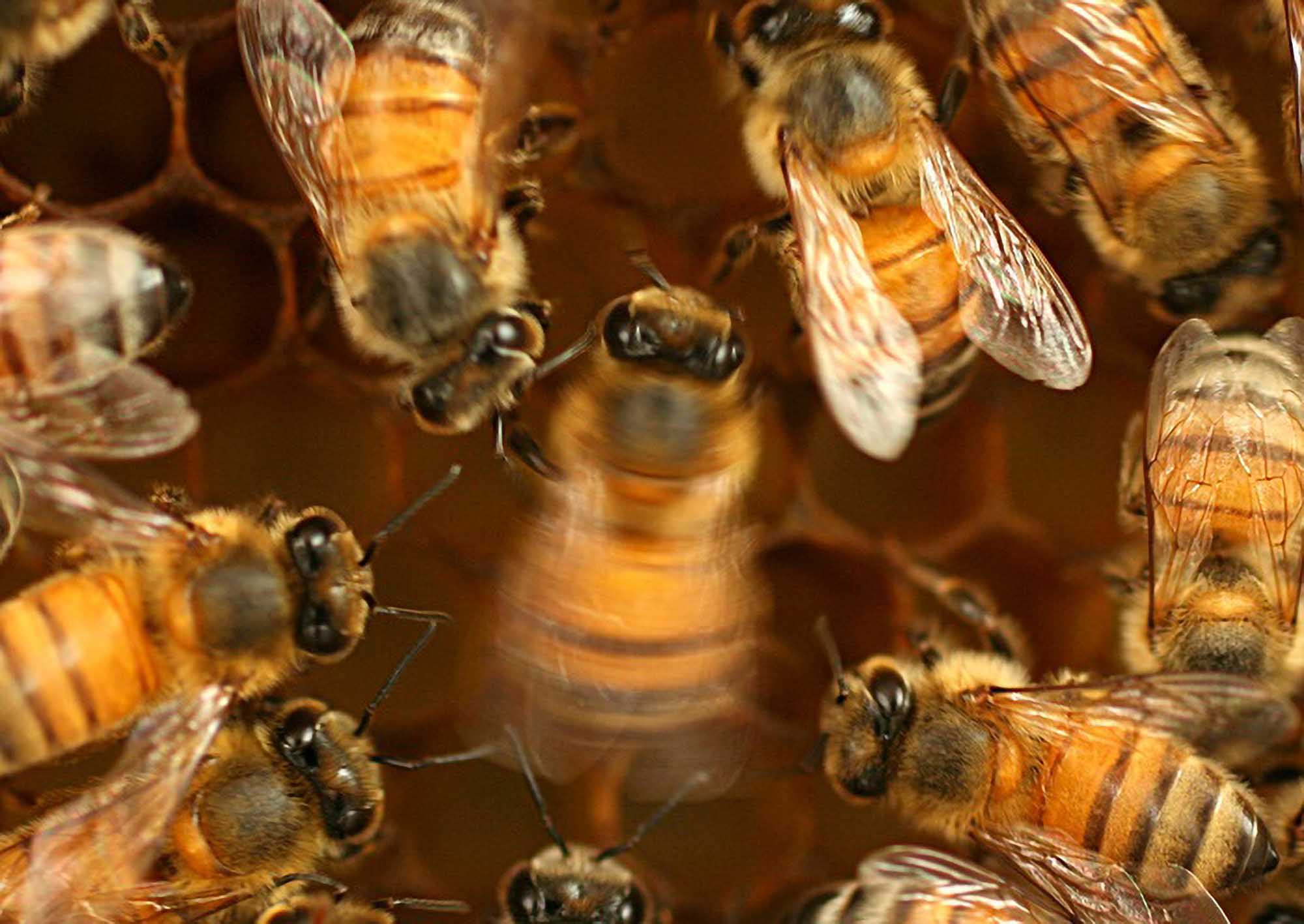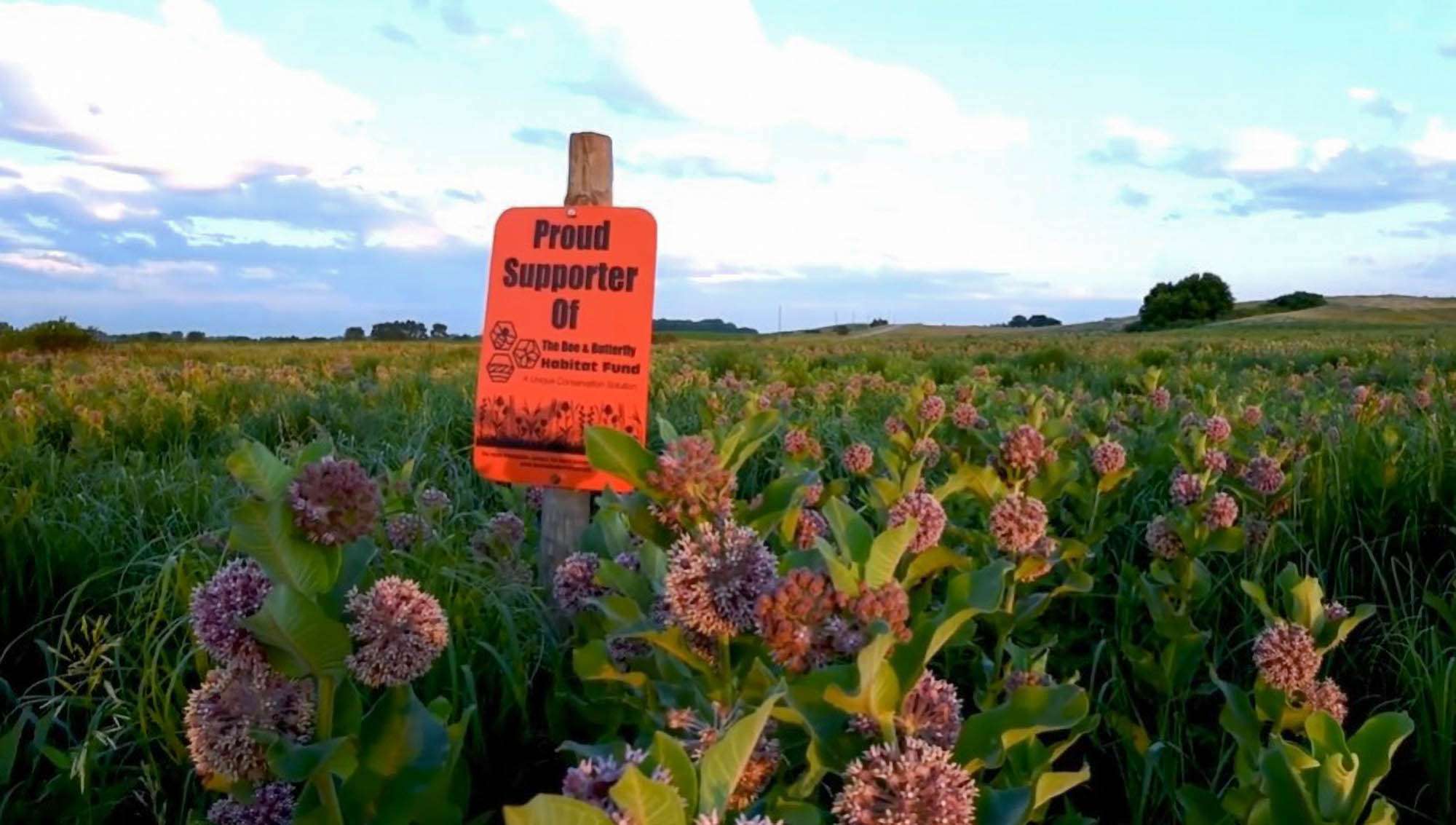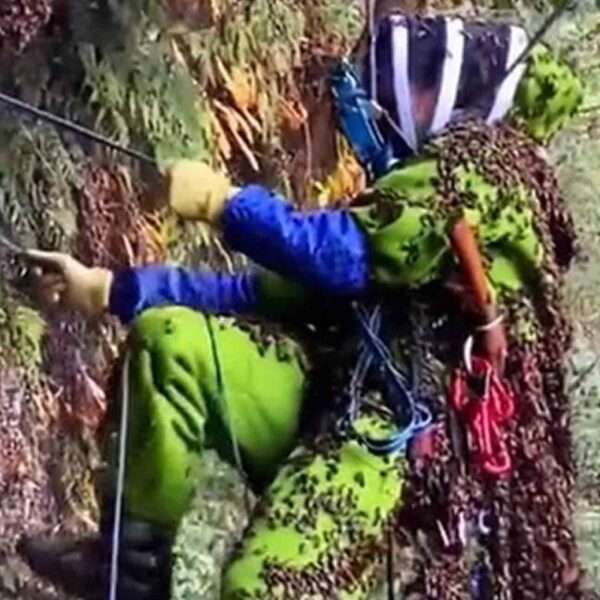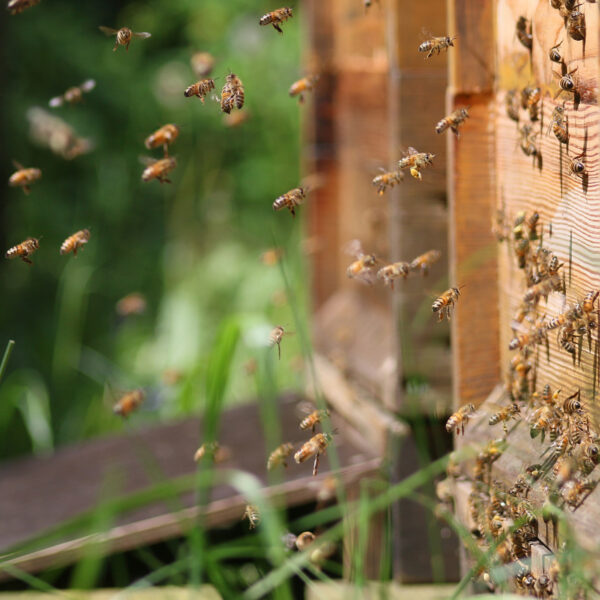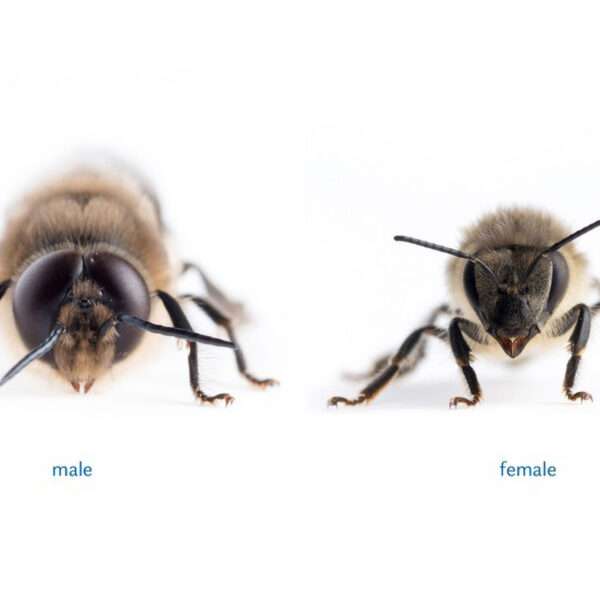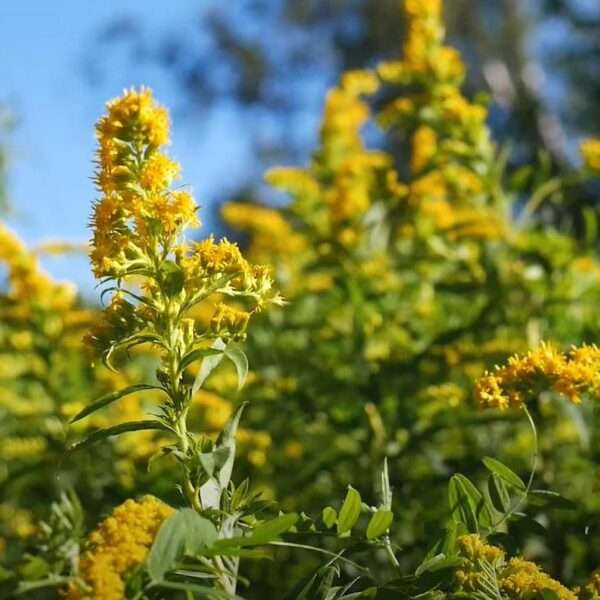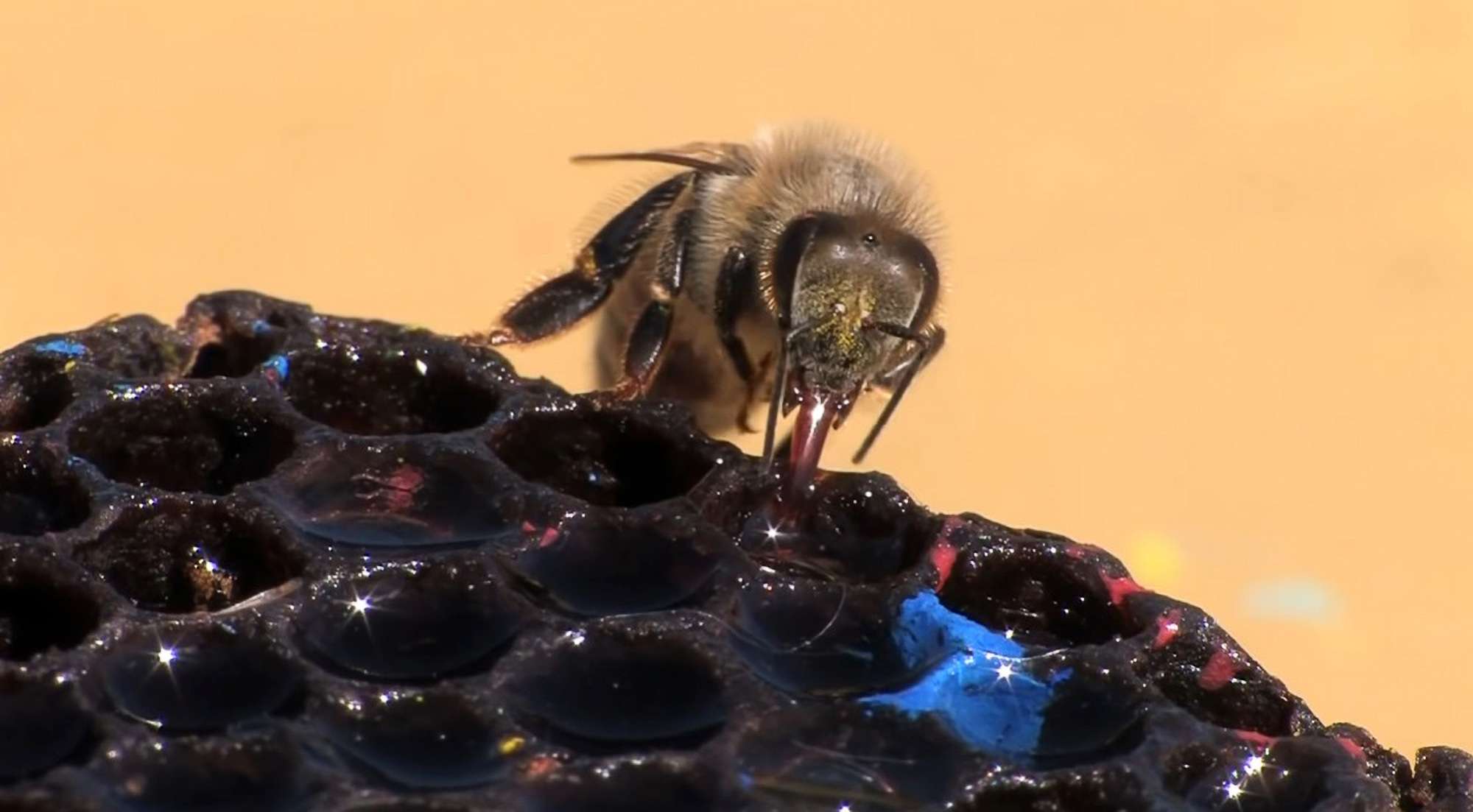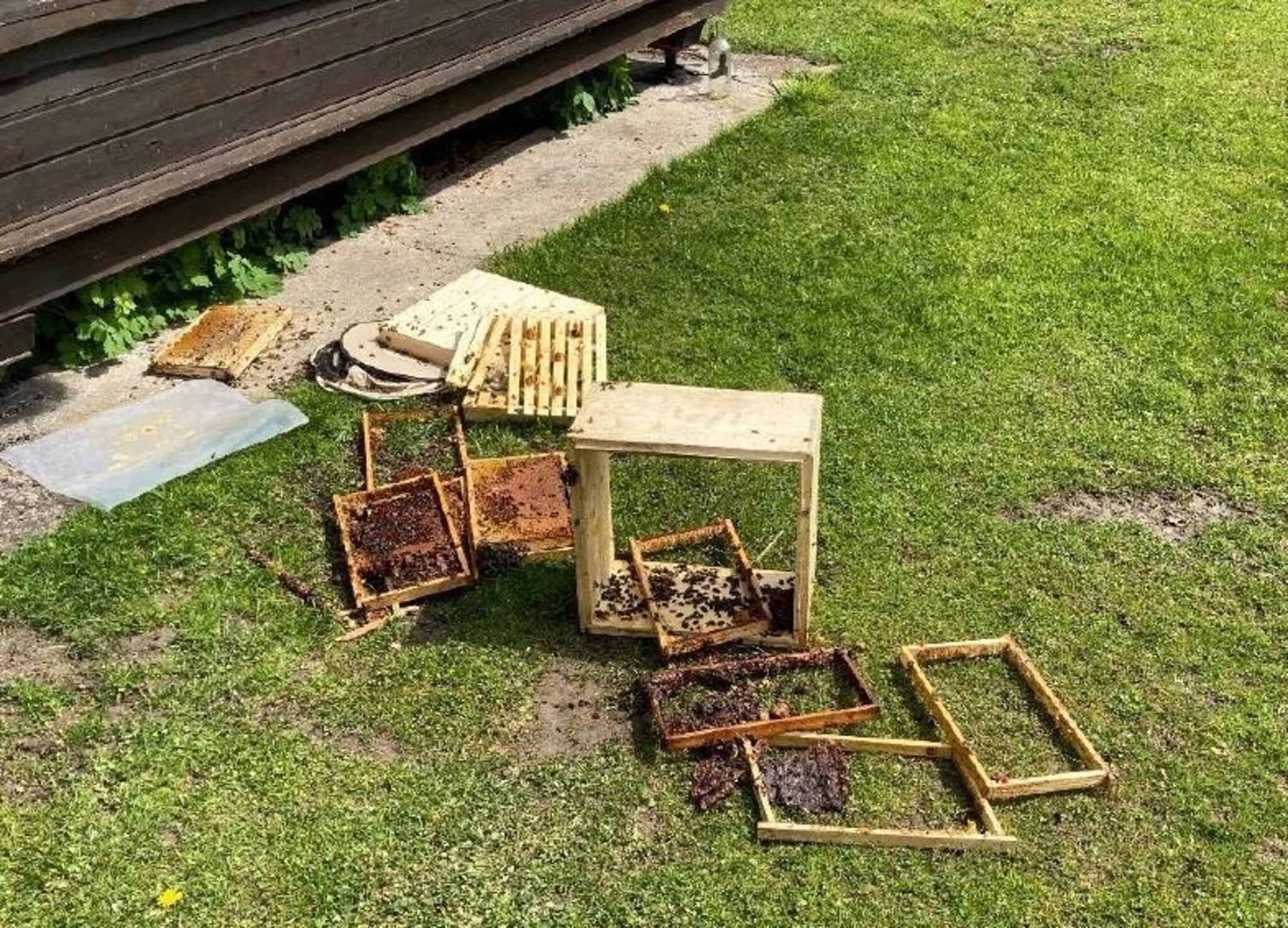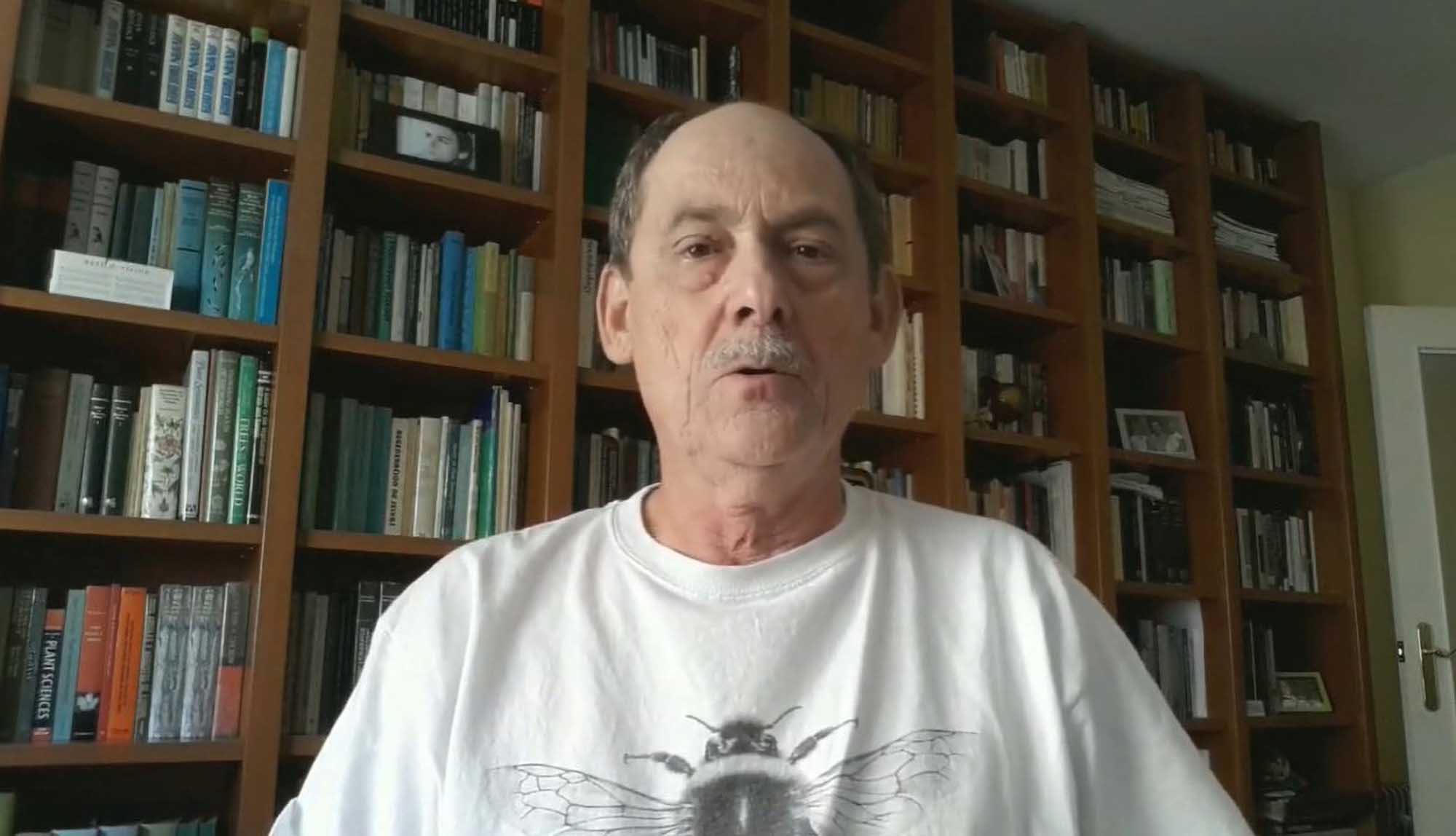The waggle dance performed by honeybees to pass on vital information is part of their social learning portfolio, research by scientists in the United States has found.
Experts at the University of California carried out a series of experiments to determine whether the pollinators were able to improve the procedure by practising it from an early stage of their lives.
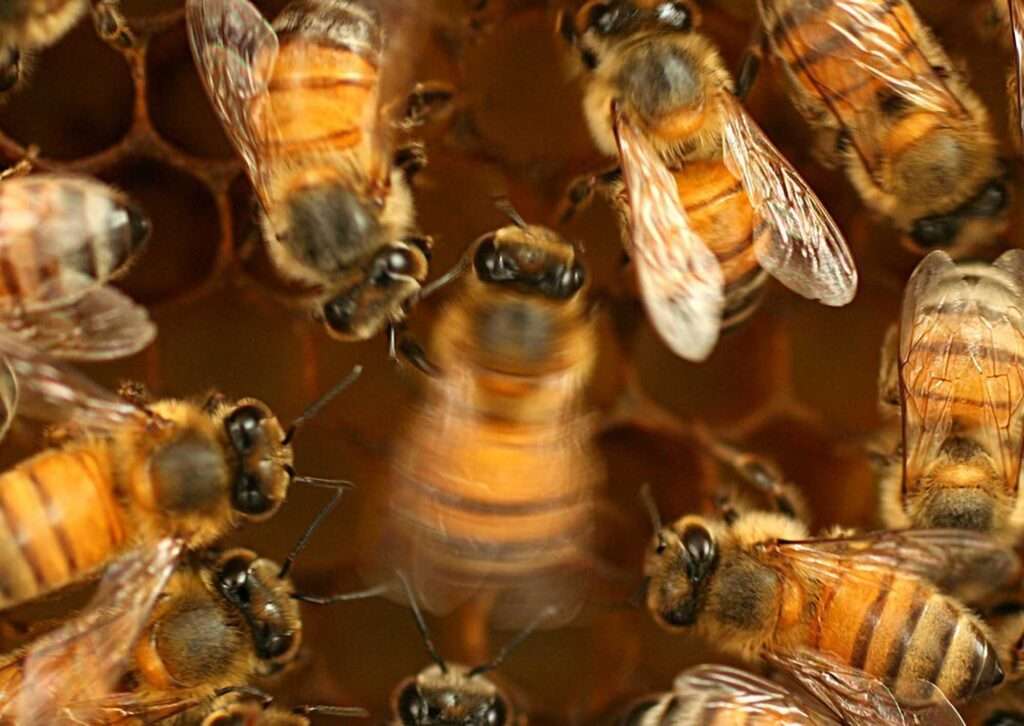
While early social learning among humans and mammals has comprehensively been investigated, the study by the Californian researchers is considered a groundbreaking effort when it comes to insects.
The science news platform Phys.org emphasises that the study “demonstrates the importance of early social signal learning in one of the most complex known examples of non-human spatial referential communication.”
Professor James Nieh from the university’s School of Biological Sciences in San Diego said: “We are beginning to understand that, like us, animals can pass down information important for their survival through communities and families. Our new research shows that we can now extend such social learning to include insects.”
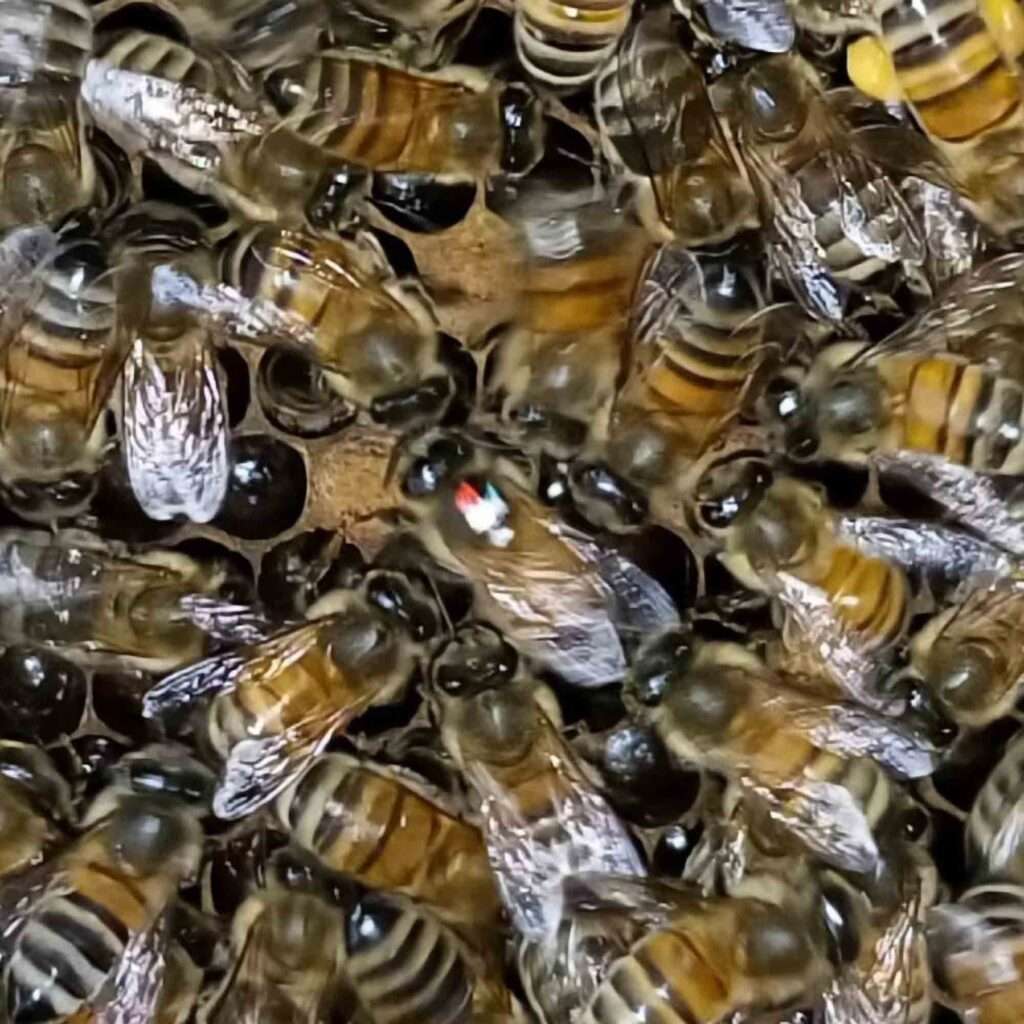
Honeybees move extremely fast as they perform the waggle dance. By doing so, the pollinators provide each other with essential information concerning the opportunities and risks of their hive’s surroundings.
One honeybee colony consists of 20,000 to 50,000 bees.
Prof Nieh and his colleagues established colonies featuring bees which have never been able to observe any waggle dances before they performed one themselves.
The professor of biological science explained: “Bees without the opportunity to follow any dancers before they first danced produced significantly more disordered dances with larger waggle angle divergence errors and encoded distance incorrectly.”
The study revealed that bees which had been able to watch and imitate experienced peers performed impeccably.
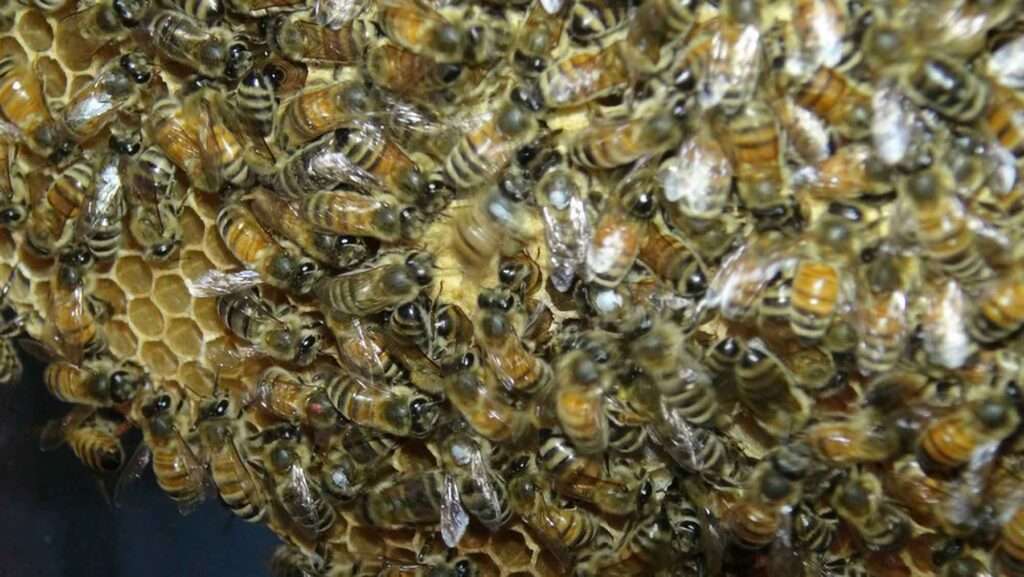
Bees are indispensable pollinators. Honeybees and the numerous solitary bee species support the diversity of plants and flowers all over the world.
However, their activity also ensures agricultural productivity.
Many bee species are threatened by global warming and the excessive usage of pesticides.

